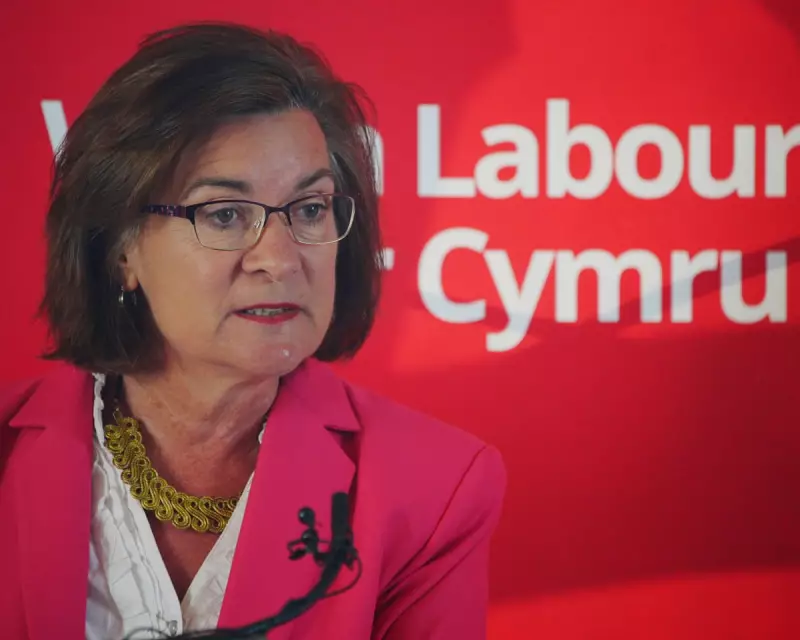
Welsh Labour is scrambling to defend its heartland seat of Blaenau Gwent amid shocking new polling that shows Nigel Farage's Reform UK surging into second place, overtaking Plaid Cymru and threatening a major political upset.
The by-election, triggered by the resignation of veteran Labour MP Nick Smith, has become a critical battleground. It is a stark test of Labour's dominance in Wales and a measure of the profound disillusionment among traditional voters.
Polling Shock Reshapes the Race
An exclusive poll by Omnisis for the Guardian has sent shockwaves through the campaign. It places Labour's Alun Davies on 34%, a significant drop from the 49% share the party secured in 2019. More startling is the surge of Reform UK candidate, former police officer Richard Taylor, who polls at 21%.
This puts Reform firmly in second place, pushing Plaid Cymru's candidate, Ms. Davies, into a distant third with just 13% of the vote. The Conservatives trail at 9%, with the Liberal Democrats on 5%.
A Stronghold Under Threat
Blaenau Gwent has been a Labour fortress for over a century. Losing it would represent an almost unthinkable collapse for the party in one of its safest Welsh seats. The campaign has been described as 'bruising' and 'tough' by insiders, with Labour figures privately acknowledging the immense challenge posed by Reform's populist message.
Voter apathy and anger over Westminster's handling of issues like the cost of living crisis are cited as major factors driving the shift. The Reform campaign has effectively tapped into this sentiment, positioning itself as the true alternative for disaffected voters.
Internal Struggles and Strategic Shifts
The campaign has not been without internal drama for Labour. Their candidate, former Welsh government minister Alun Davies, faced controversy after old social media posts emerged. While he received the party's full backing, the episode was an unwelcome distraction.
Plaid Cymru, meanwhile, is fighting to regain relevance after being pushed into third. The party is attempting to frame the election as a direct choice between itself and Labour, a strategy now complicated by Reform's dramatic entrance.
With polling day set for 31 October, all parties are pouring resources into the constituency. The outcome will be scrutinised as a key indicator of the new political dynamics at play in post-industrial Wales and a potential warning sign for Sir Keir Starmer's party.






